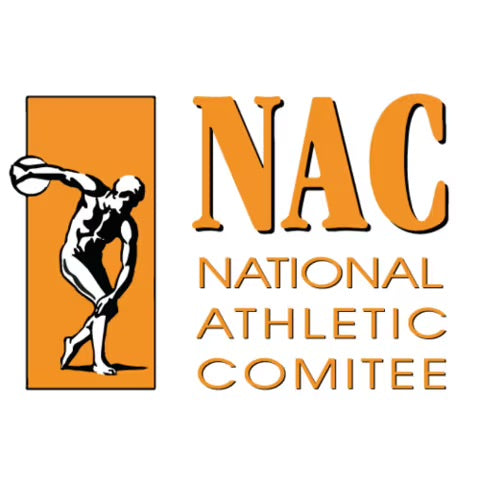TRAINING | REGENERATE CORRECTLY!

HOW DO I GET FIT FASTER?
THE RIGHT NUTRITION IS CRUCIAL!
If you pay attention to a few small things, your regeneration is easy to optimize! After endurance training, such as running or cycling, you should always cool down (or cycle). The relaxed pace allows the muscles - which have become shortened through training - to recover better. Metabolic products such as lactate (= lactic acid) can be broken down more quickly and the body temperature can be reduced slowly but surely. This smooth transition to regeneration is more pleasant for the body than an abrupt stop from 100 to 0.MALTODEXTRIN is the carbohydrate of choice at this time, as it is the fastest to be absorbed into the muscle cells and the easiest to use to recharge energy reserves. It is also very digestible and does not lead to gastrointestinal problems, which many athletes often have to deal with when taking dextrose, for example. 60-80 g is an average dosage. The rule of thumb is 1 g MALTODEXTRIN per kg of body weight. An 80 kg athlete would therefore have to consume 80 g of maltodextrin after training in order to provide his body with sufficient carbohydrates.
Proteins should also not be missing in the drink after training, as they are the primary nutrients for muscle building. WHEY PROTEIN proved to be optimal, as it is the fastest of all proteins to be absorbed by the muscle cells. So it is just right for your exhausted muscles. A sensible dosage is 0.5 g WHEY PROTEIN per kg of body weight. 40 g is ideal for an 80 kg athlete.
NO BEER BEFORE FOUR! ...AND PREFERABLY NOT AFTERWARDS EVEN!
Solid food should, not surprisingly, be balanced. Avoiding carbohydrates because you want to lose weight is not conducive to regeneration. Especially not if you avoid them after training. An appropriate intake of carbohydrates after training is therefore also advisable during dieting phases. Contrary to some fears, this does not lead to fat gain, as the carbohydrates consumed are used to replenish the glycogen stores that were emptied during training. Fresh fruit and vegetables provide your body with enough vitamins, which is beneficial for the regeneration process - so always make sure you eat several portions of vegetables per day.However, you should avoid alcoholic drinks or too much rum cake if possible, or at least consume them in moderation (not to be confused with "a pint full, please!"). Since alcohol is poisonous to the body, it uses up most of its resources to protect itself from this toxin and to break it down. Muscle recovery falls by the wayside.
WHEN DOING SPORTS, THE BODY IS THE FOCUS!
Compression socks are certainly interesting for runners. Their appearance is of course debatable. However, they support the muscles during and after sport. Prof. Dr. Dirk Höfer from the Hohenstein Institutes in Bönningheim says: "Apparently, the time until physical exhaustion is extended with them. But not only during sport, but also when worn afterwards, compression stockings could reduce, for example, muscle pain and swelling caused by exertion or restore the body's maximum performance, sprinting and jumping power more quickly."Several studies also suggest that applying cold after exercise speeds up the regeneration process. A cold shower or a cooling vest could therefore have very positive effects and help the body to recover more quickly. It sounds like a contradiction, but it isn't.
A sauna session also helps with regeneration. On the one hand, the muscles can relax due to the increased blood flow and waste products are better removed. On the other hand, sauna sessions can provide relaxation for the mind and soul, which also promotes regeneration. You feel mentally fit again afterwards.Perhaps the simplest trick for optimal regeneration is sleep, and getting as much of it as possible. The body can only regenerate effectively if it gets enough sleep. During sleep, organs recover faster and wounds heal more efficiently. For most people, 6 to 8 hours of sleep per night is enough. You can find out relatively quickly by doing a self-test whether you are getting enough sleep. If you are fit all day, apart from minor fluctuations, you are doing everything right.










